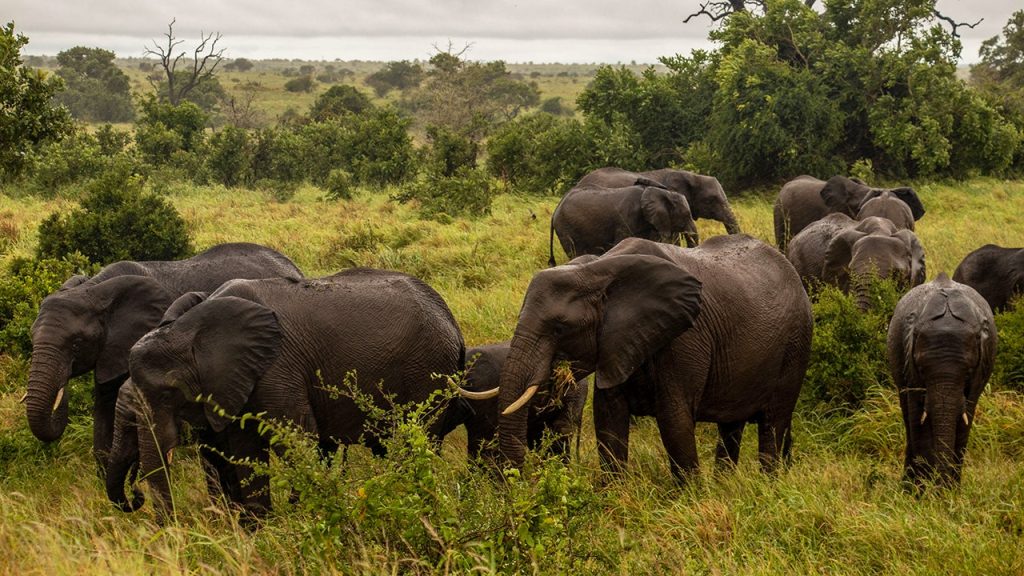The tragic incident unfolded on a seemingly ordinary Sunday at Kruger National Park, South Africa, when a family’s leisurely visit took a devastating turn. 59-year-old Shaik Adam Shabir Ammed, a resident of Mkhondo, South Africa, lost his life in a confrontation with an elephant while attempting to protect children from the charging animal. According to initial eyewitness accounts, the family had parked near the Malelane reception area when some children ran across a bridge and ventured into the bush. An elephant, part of a nearby herd, charged towards the children, prompting Ammed to rush to their aid. In a heartbreaking turn of events, the elephant turned its aggression towards Ammed, chasing and trampling him. He succumbed to his injuries at the scene.
The immediate aftermath of the incident was chaotic, with several elephants in the vicinity, making it impossible to identify the specific animal responsible for the attack. The herd quickly dispersed as onlookers attempted to provide aid to Ammed. South African National Parks (SANParks) expressed their condolences to the Ammed family, acknowledging the profound loss and offering their support during this difficult period. The incident has prompted renewed emphasis on the inherent risks associated with wildlife encounters within national parks, underscoring the importance of adhering to safety regulations.
Kruger National Park, renowned for its diverse wildlife, including elephants, presents a complex interplay between human visitors and the park’s animal inhabitants. While generally peaceful, elephants can display aggression under certain circumstances, such as illness, injury, or when they perceive a threat. They may engage in mock charges, which are typically abandoned before reaching the target, but real attacks can have devastating consequences, capable of inflicting fatal injuries on other animals, including humans, or causing significant damage to vehicles.
SANParks emphasizes the importance of visitor safety within the park. Recognizing the potential danger posed by wild animals, the agency has established guidelines to minimize risks. Visitors are strictly advised to remain within designated areas and to stay inside their vehicles at all times, ensuring that no body parts protrude from windows or sunroofs. Doors should remain closed to prevent any direct interaction with wildlife. These precautions are crucial in mitigating the potential for encounters that could escalate into dangerous situations.
The tragic incident involving Shaik Adam Shabir Ammed serves as a sobering reminder of the inherent risks associated with wildlife interactions within national parks. While these parks offer the incredible opportunity to observe animals in their natural habitat, visitors must remain vigilant and adhere to safety protocols to minimize potential dangers. Understanding animal behavior and respecting their space are crucial elements of a safe and responsible park experience.
The ongoing investigation into the incident will likely focus on the circumstances leading up to the elephant’s charge, including the proximity of the family to the elephant herd and the children’s actions. While the specifics remain unclear, the tragedy underscores the importance of maintaining a safe distance from wildlife and adhering to park regulations designed to protect both visitors and animals. The incident has prompted a renewed focus on visitor education and safety protocols within Kruger National Park, aiming to prevent similar tragedies in the future. The park’s management continues to review and reinforce safety measures, ensuring that visitors are well-informed about the potential risks and the necessary precautions to ensure a safe and enriching experience.

